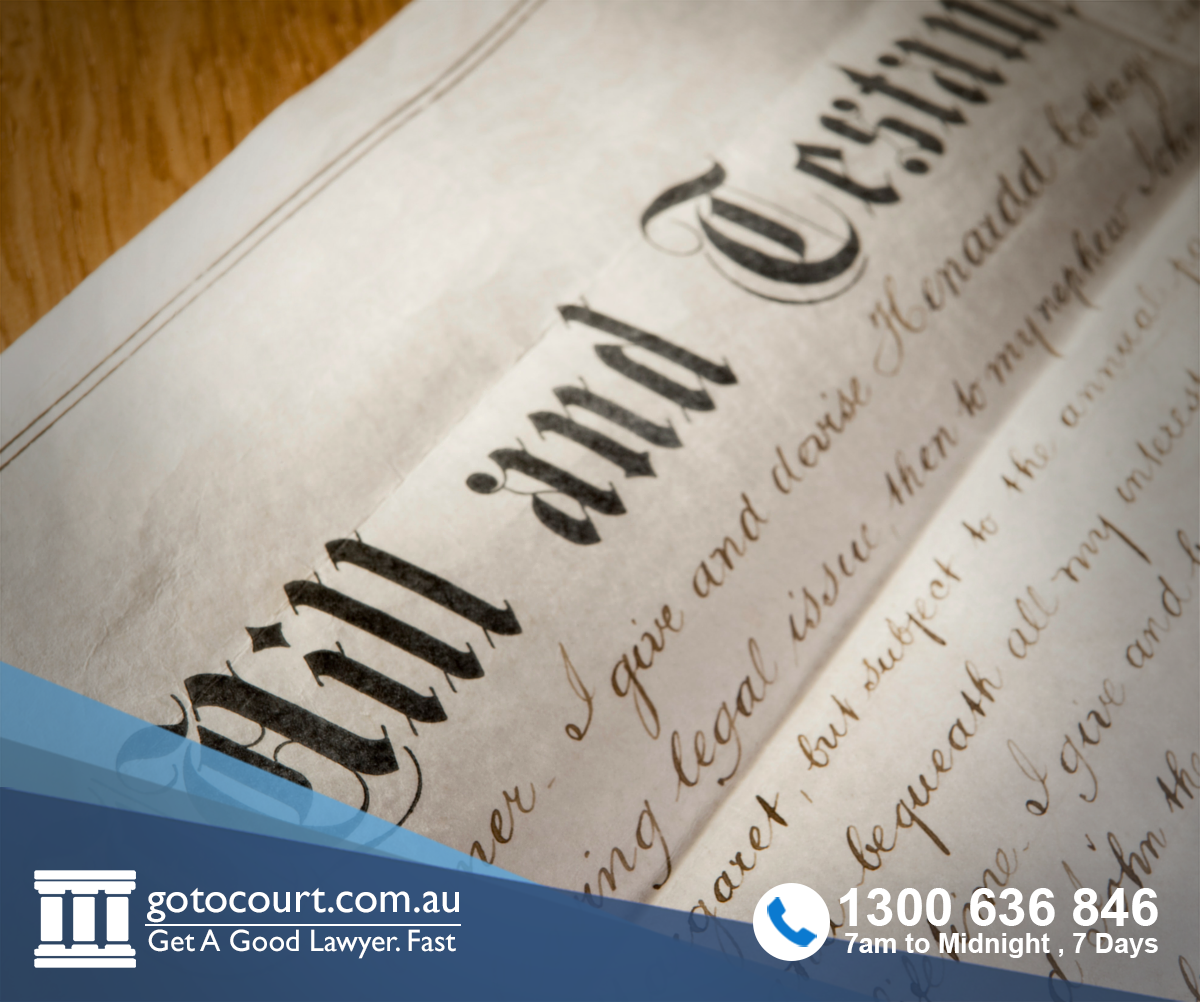Trustee Duties in Victoria
Trustee duties in Victoria are set out in both the law of equity and in legislation. In Victoria the main piece of legislation is the Trustee Act 1958. Some common examples of trusts and trustees are superannuation funds, solicitor’s trust accounts, managed investment funds and executors/administrators of deceased estates.

Components of trusts
Trusts are made up of three main components – the trust itself, the trustee and the beneficiaries. The trust itself is the thing which holds the legal item of value. The trustee is the person or company that looks after the trust and the beneficiaries ultimately will gain from whatever is in the trust.
Trustee responsibilities
One of the main trustee duties in Victoria is to act in the best interests of the beneficiary. Broadly, this means not profiting from the trust but also not allowing a conflict of interest to arise between their own interests and that of the beneficiary in relation to the trust.
Some more specific Trustee duties in Victoria which arise in equity are;
- Duty not to exercise discretion except in accordance with the terms of the trust. This also includes a duty to act impartially with respect to multiple beneficiaries, unless the trust provides for absolute discretion.
- Duty to invest the contents of the trust and to do so responsibly.
- Duty to keep the assets of the trust separate from the trustee’s own assets.
- Duty to exercise powers in accordance with the trust. This means the trustee cannot refuse to make a decision or make a decision ahead of time.
- Duty not to delegate the responsibilities to others (including to other trustees), except in accordance with the terms of the trust.
- Duty to keep accurate trust accounts and to account to beneficiaries (and to allow beneficiaries to inspect the trust) when required and/or asked.
- Duty to perform the duties of trustee without payment or compensation, unless the trust instrument provides for such payment.
- Duty not to purchase trust assets, unless the trust instrument provides otherwise. In the latter case, any sale must be in the best interest of the beneficiaries.
Generally, the law requires a trustee to discharge these duties in the manner expected of a reasonable, ordinary businessperson, regardless of the trustee’s own background or experience.
Trustee Act 1958
The Trustee Act 1958 protects trustees’ duties in equity as long as they are not inconsistent with the Act or with the trust instrument itself. The Act specifies the four main duties in relation to trusts which echo the equitable duties. These are;
- A duty to exercise the powers in the best of interests of all beneficiaries, whether they are present or future ones.
- A duty not to invest trust funds in speculative ventures.
- A duty to act impartially between beneficiaries and between beneficiaries of different classes.
- A duty to take advice (this means professional advice) where appropriate.
In addition to the above general Trustee duties in Victoria, the legislation provides clarification in relation to investing under Part I of the Trustee Act 1958. These duties are subject to the terms of the trust and include;
- A trustee’s profession, business or employment is taken into account in determining the level of care the trustee needs to take in making investment decisions. In addition, the trustee must review the performance of trust investments at least once a year.
- The trustee must take into account several matters when making investments. These include (but are not limited to);
- The purposes of the trust
- Needs/requirements/circumstances of beneficiaries
- Nature and risk (including the desirability of diversification) of investments
- The need to maintain the trust’s real value through investing
- Depreciation, appreciation and income returns
- The term of the investment/trust and the liquidity of such investments
- The total value of the trust
- Tax and inflation issues
- Any other costs associated with the investments
- The outcome of any review in relation to existing trust assets.
Breaches of trustee duties
If a trustee breaches any of these duties, the court can make various orders, which may include compensation (where some kind of loss has been suffered as a result), orders to compel the trustee to make a decision (where they have not done so), or to remove the trustee entirely.







